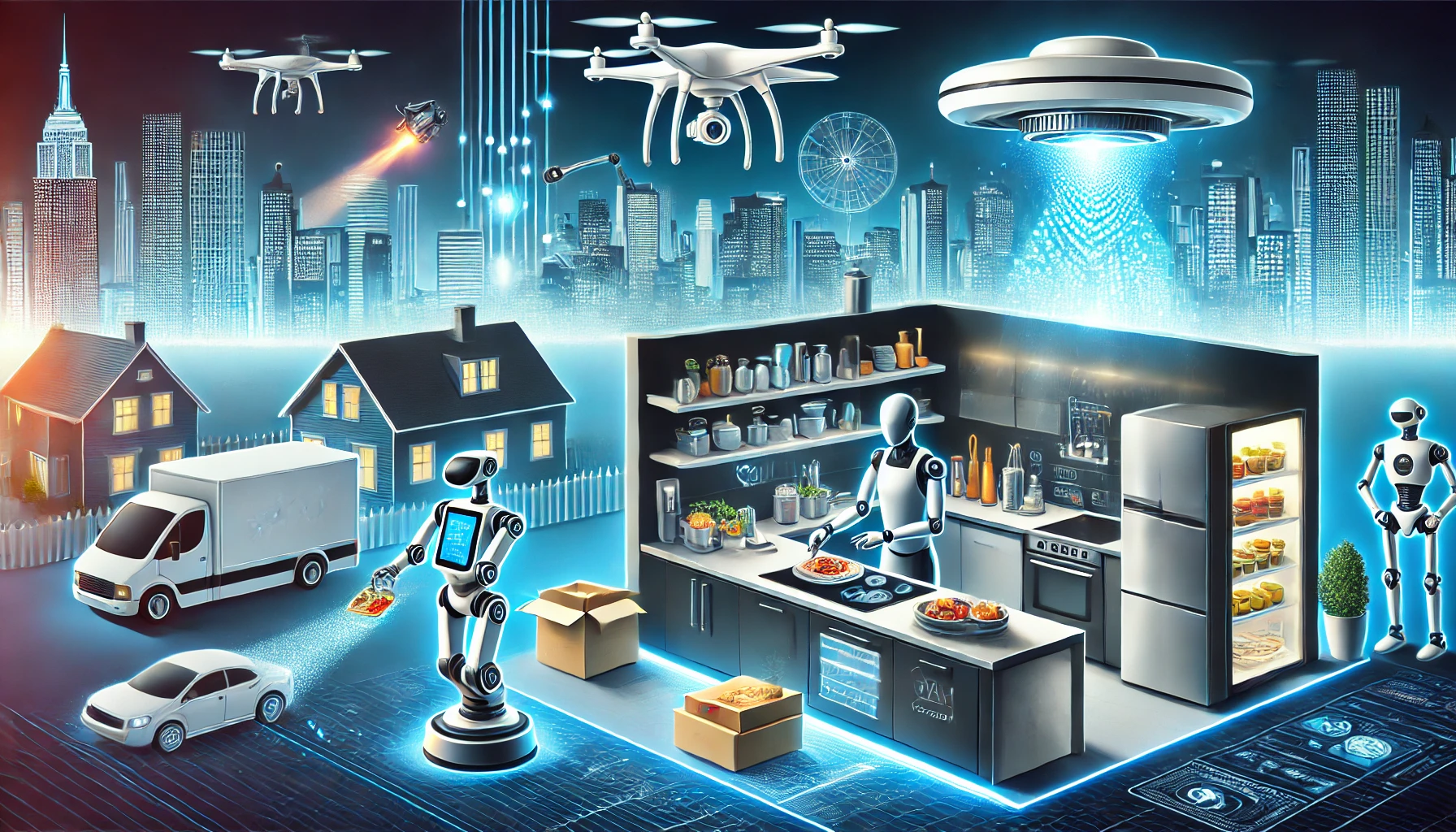The rise of automation, robotics, and artificial intelligence (AI) has redefined how we live, work, and interact with the world. From robotic assistants in our homes to autonomous vehicles navigating city streets, technology is shaping a new era of convenience and efficiency. But as we embrace these advancements, questions about the ethics of AI and its role in society grow increasingly urgent.
The Everyday Impact of Automation
Automation is no longer confined to factories; it is now part of our daily lives
Smart homes use AI to optimize energy use and enhance comfort.
Robotic arms assist with household tasks like cooking and cleaning.
Autonomous delivery systems ensure seamless last-mile logistics.
These innovations not only save time but also reduce human effort in mundane activities, offering us more freedom to focus on creativity and relationships.
Video suggestion: The Future of Smart Homes and Automation
Exploration of Robotics
Modern robotics has surpassed the realm of science fiction, moving into real-world applications
Agriculture: Automated machines revolutionize farming practices.
Transportation: Self-driving cars promise safer roads and lower emissions.
These breakthroughs underscore how robotics can address pressing global challenges while redefining our relationship with machines.
The Role of Artificial Intelligence
AI powers everything from predictive text to complex algorithms managing global supply chains. But as AI becomes more sophisticated, ethical considerations come to the forefront:
Bias in AI systems: Ensuring fairness and inclusivity.
Job displacement: Balancing technological progress with employment opportunities.
Privacy concerns: Safeguarding personal data in an increasingly connected world.
AI’s role in decision-making, such as in hiring or criminal justice, demands transparency and accountability to prevent misuse.
The Ethics of Artificial Intelligence
As we delegate more responsibilities to machines, ethical dilemmas emerge:
Autonomy vs. Control: How much decision-making power should AI have?
Data Ownership: Who owns the data collected by AI systems?
Moral Responsibility: Can a machine be held accountable for its actions?
These questions require collaboration between technologists, policymakers, and ethicists to establish guidelines that ensure technology serves humanity responsibly.
The Future of Technology and Society
Looking ahead, technology promises even greater transformations
Quantum computing: Solving problems previously thought impossible.
Advanced robotics: Machines capable of empathetic interactions.
Global connectivity: Bridging gaps between remote communities.
But with these advancements comes the need for thoughtful integration into society to avoid unintended consequences.
Conclusion: Navigating the Balance
Technology has the power to enhance our lives, but it also challenges us to think critically about its impact. By addressing ethical concerns and fostering dialogue, we can ensure that automation, robotics, and AI contribute to a future where humanity and machines coexist harmoniously.

